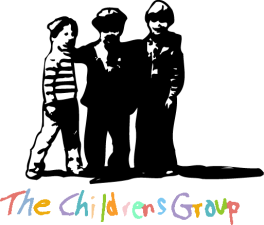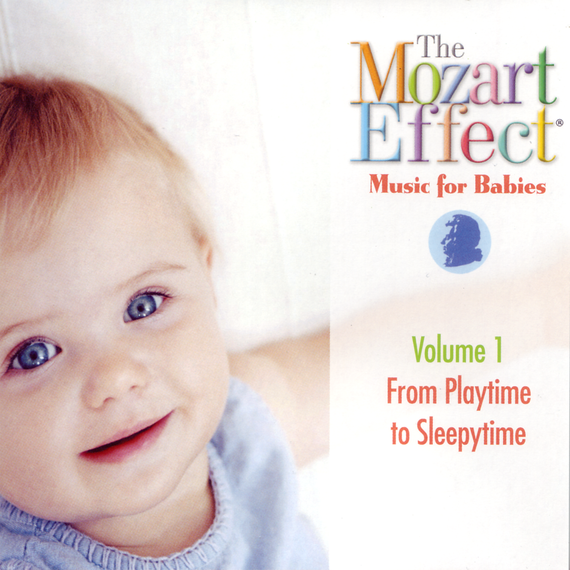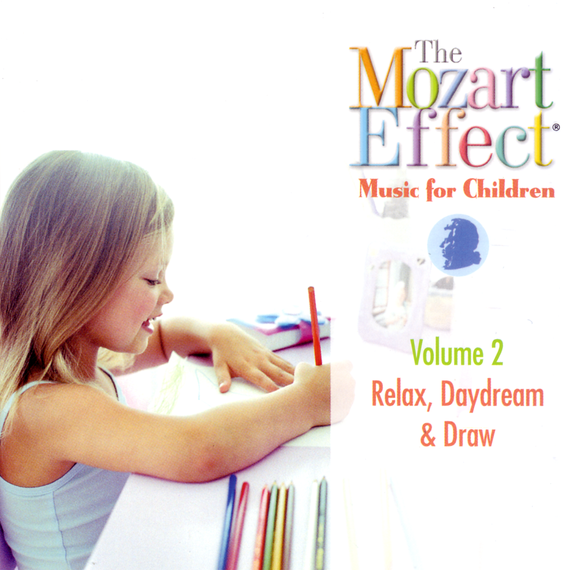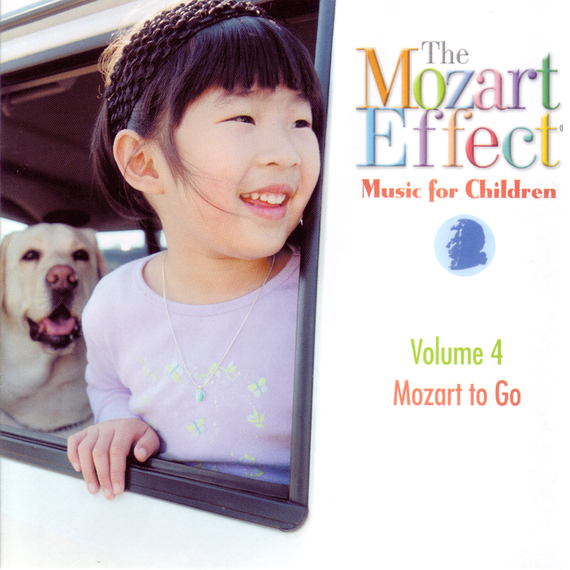
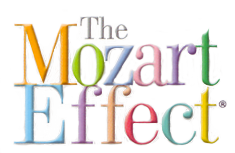
Designed to achieve a particular effect, including enhancing intelligence, inspiring creativity or exploring body movement and motion, this series combines up-to-date medical and psychological research in creativity and intelligence to provide a rich listening and learning experience for children.
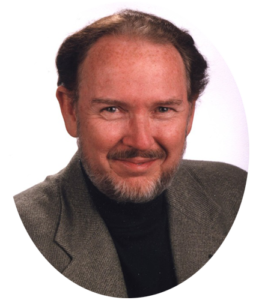
Don Campbell is a recognized world authority on the transformational power of music, listening, and The Mozart Effect®.
In Campbell’s unique view, music is not only a rich and rewarding aesthetic experience but a bridge to a more creative, intelligent, healthy, joy-filled life. His singular mission is to help return music to its central place in the modern world as a resource for growth, development, health and celebration.
A native of San Antonio, Texas, Campbell spent his high school years in Europe, studying classical music with the legendary Nadia Boulanger and Jean Casadesus at the Fountainebleu Conservatory in France. A graduate of the University of North Texas, he began his professional career as a music critic and teacher for seven years at St. Mary’s International School in Tokyo.
Read More
Over the years, Campbell’s interest in sound and healing have taken him to more than forty countries, including Greece, Haiti, India, Indonesia, Israel, Russia, Thailand and Tibet, where he has delved into the roots of indigenous cultures, collaborated with local musicians and healers, and worked with children. In his own country, Campbell participated in programs such as the Guggenheim Education Project in Chicago’s inner city. Drawing from varied experiences and work with prominent musicians, therapists, and mind/body researchers, Campbell founded the Institute of Music, Health and Education in 1988, and served as director until 1995.
Known to the public through his frequent television and radio appearances on such shows as NBC’s “Today Show”, “Pure Oxygen”, and NPR’s “All Things Considered,” Campbell educates audiences worldwide about the transformational aspects of music. He has been invited to speak for hundreds of organizations, including schools districts, music and human development institutes, symphony orchestras, corporations, health care facilities, and general public events.
Campbell’s eighth book, The Mozart Effect, hit the bestseller list, while the accompanying CDs The Mozart Effect Music for Children and Music for Babies series dominated the Classical Billboard charts in 1998 and 1999. He has written three other books relating to music and health, three books on education, and the biography of his teacher, Nadia Boulanger. The Mozart Effect for Children (Morrow) was released in the fall of 2000.
Campbell is presently the Acoustic and Musical Director of Aesthetic Audio Systems, an innovative company that provides quality music to healthcare facilities and a consultant to the Toyota Corporation and Fujitsu Ten Corporation of America. He serves on many national boards including: American Music Research Center at the University of Colorado, ARTS for People and the Duke University Medical School. In 2004, he was honored with the Distinguished Fellow Award from the National Expressive Therapy Association. He has also been awarded “Director Emeritus” of the Boulder Philharmonic Orchestra. Most recently, Campbell was the recipient of Outstanding Alumni in Music from the University of North Texas. He currently resides in Boulder, Colorado.
“Don Campbell is the Dr. Spock of music.” – Elaine de Beauport, PhD, Founder, Mead School, author, Three Faces of Mind
Read Less
The Mozart Effect: Live!
The Mozart Effect: Live!
Based on the genius of Wolfgang Amadeus Mozart and featuring his most popular works, The Mozart Effect: Live! takes the presentation of the live symphony orchestra to an entirely new place. Performed by a world-class 40 piece symphony orchestra accompanied by high definition large format immersive video and visual effects, The Mozart Effect Live! is curated to stimulate the senses, inspire and engage the deepest corners of the human psyche.
